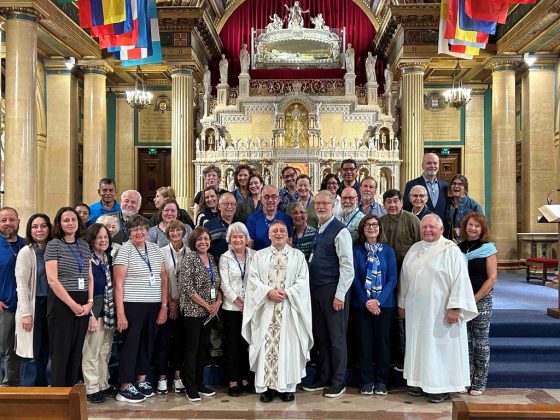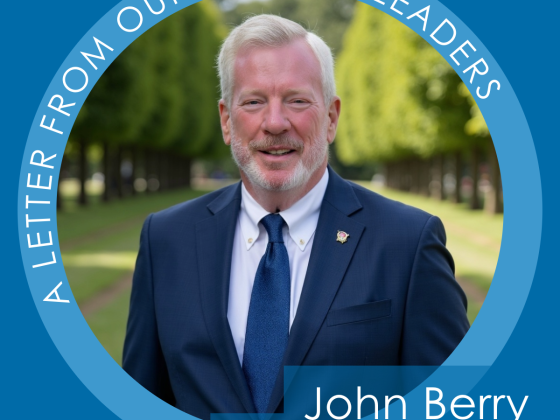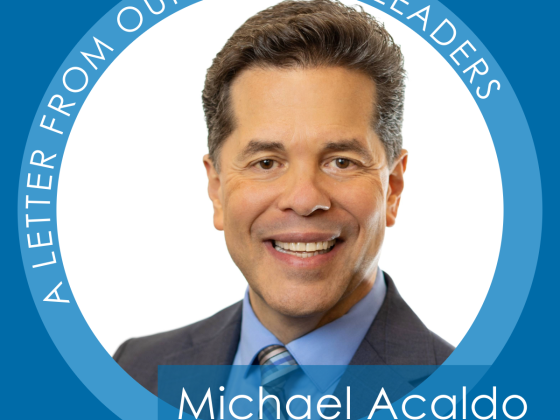
Last week I announced the kickoff of VisionSVdP in an email to all Vincentians. Today, I’d like to spend a little more time discussing the reasons we’re launching this very important initiative at this time.
Let’s start by looking at why VisionSVdP is so important for us from the standpoint of all the great and positive things going on across the Society — things like these. (And there are a whole lot more!)
- While we have seen declines in Conference membership as a whole (more on that later), we’ve also seen new Conferences being created, new membership growth in places, and even new Councils being formed. We need to talk about how and why that’s happening so we can capture the best practices; figure out how to support and scale those gains across the country; and help reverse the decline in membership we’re seeing in many places.
- During COVID, many Councils and Conferences found an incredible surge of innovation and creativity in programs and services. New ways of serving people in need have been implemented and are now part of a better, more effective, and more far-reaching support system for our neighbors in need. We need to talk about those programs and help others implement them locally.
- Councils and Conferences across the country have developed programs that are providing free medications to people with low income, moving people from the streets to homes, feeding thousands of people a day (yes, a day!) through kitchens, providing food via food pantries, doing so much more. We need to talk about how they’re doing these things, while other Councils and Conferences are struggling to answer the phone calls. What is making the difference?
And we also need to talk about the negative things. Here are just a few to think about.
- Since 2016, we have lost almost 1,000 Conferences and nearly 10,000 members. Why? What can we do about it? Is it our structure? Do our meeting schedules make it impossible for working people, young families, and students to attend? Is it something else? Is it a combination of things? We need to talk about how we make the Society a more welcoming and supportive community for people to serve, grow in spiritually, and grow in friendship and community.
- The reality — and part of the answer to the question above — is that our Vincentians are getting ‘burned out.’ They are overworked, not fed spiritually, and burdened with necessary (yet still challenging) paperwork and reporting. We need to talk about all of these things. We must determine new ways to make being a Vincentian a joyful experience.
- Face it, people generally run away when we ask them to consider Leadership roles in the Society. We need to talk about why. And then we need to talk about how we are going to fix it.
- Our efforts to increase diversity have not kept pace with the growth in the diversity of the Church. While we have moderately increased the number of Hispanic, Latino, and African-American Vincentians, the percentage increases have not tracked with the increases in the Church.
So — that’s a bit of a deeper dive into why we’re launching VisionSVdP.
We need you to be part of it. For one simple reason.
BECAUSE EVERY VOICE MATTERS
Peace and God’s blessings,
John
John Berry
National President




If our voices matter, how do we share them? Not all can attend conferences.